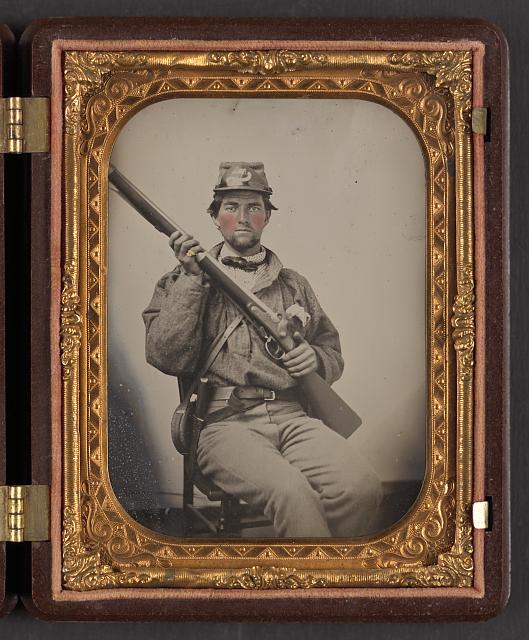
It may be of interest to read words from letters written home by Confederate soldiers during Christmas. The first is a letter by Henry Kyd Douglas, who was being held at Johnson’s Island Prison in Ohio. Henry had been with Stonewall Jackson at Gettysburg, where he was injured and the captured. In a Christmas 1863 letter he wrote:
There came a carload of boxes for the prisoners about Christmas which after reasonable inspection, they were allowed to receive. My box contained more cause for merriment and speculation as to its contents than satisfaction. It had received rough treatment on its way, and a bottle of catsup had broken and its contents very generally distributed through the box. Mince pie and fruit cake saturated with tomato catsup was about as palatable as “embalmed beef” of the Cuban memory; but there were other things. Then, too, a friend had sent me in a package a bottle of old brandy. On Christmas morning I quietly called several comrades up to my bunk to taste the precious fluid of…DISAPPOINTMENT! The bottle had been opened outside, the brandy taken and replaced with water, adroitly recorded, and sent in. I hope the Yankee who played that practical joke lived to repent it and was shot before the war ended.
These next words are from a letter written by John Shropshire of the Texas 5th. He was camped on the Rio Grande on December 26th, 1861, and would have preferred that the enemy was there instead:
Dear Carrie, We arrived at this place last night, our mules & oxen broke down, having been out 36 hours without water. We came a new road nearly all the way from Fort Davis. The road was very heavy, & water was very scarce. Our horses are all in as good condition as could be expected, all poor & some of them very poor. Christmas day 1861 will be remembered a long time by this Regmt, not a man of which I 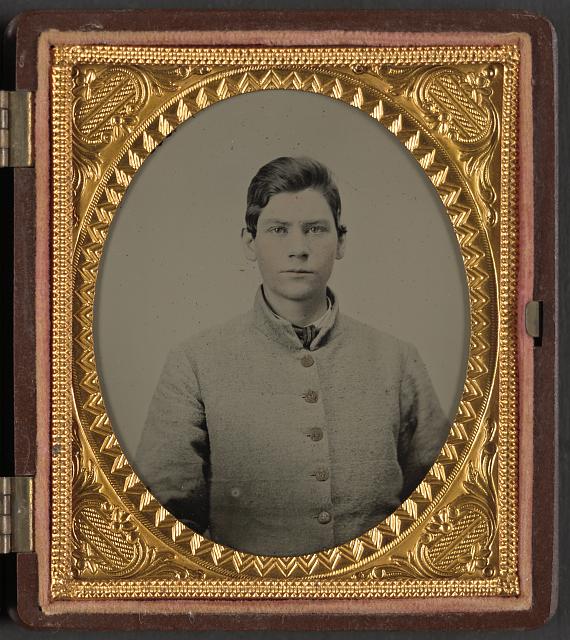 guess, but would have gladly been at home. I thought of you many times & hoped that you were enjoying a good time. The eggnog & good things you had to eat I sincerely hope you had the good apetite to enjoy. I could have enjoyed a dinner with you amazingly. … I can not say how much glory we will gain, but I can say that we will have done as much hard work as any other soldiers in the Confederate service. Cavalry on the march have a hard time at best on the march but especially do they suffer when they march through a wilderness when a scarcity of every thing essential to comfort prevails. I candidly confess I never would have come this way had I imagined the country was so mean. In after years when Charlie’s grand children get old this country will be used for raising sheep. If I had the Yankeys at my disposal I would give them this country and force them to live in it.
guess, but would have gladly been at home. I thought of you many times & hoped that you were enjoying a good time. The eggnog & good things you had to eat I sincerely hope you had the good apetite to enjoy. I could have enjoyed a dinner with you amazingly. … I can not say how much glory we will gain, but I can say that we will have done as much hard work as any other soldiers in the Confederate service. Cavalry on the march have a hard time at best on the march but especially do they suffer when they march through a wilderness when a scarcity of every thing essential to comfort prevails. I candidly confess I never would have come this way had I imagined the country was so mean. In after years when Charlie’s grand children get old this country will be used for raising sheep. If I had the Yankeys at my disposal I would give them this country and force them to live in it.
I intended to write you a long letter but can not write for the men around me. Send me by mail all the good news you can get through by mail. I can not write any more. As soon as we get into quarters, I will write you again Good bye. Write to me every day. God Bless you & Charlie.
In another letter to a wife, Henry Allen of the 9th Virginia Infantry wrote these words from Hilton Head, when it was not so pleasant a place to be:
I am quite well at this time we have had some very cold weather here we feel it much more seriously here than we would in a much colder climate and have suffered much as we have but few articles of bed clothing we are not allowed to receive money clothing or boxes of any kind and see quite a hard time generally. How are my dear little ones kiss them for me my love to all at home and to all other relatives and friends I wrote to John this morning. I know you will think of the absent me while eating the Christmas dinner I have nothing but dry bread for mine. Good by and God bless you my darling from your affectionate husband Henry A Allen write soon
The day also created some gentler, kinder feelings on both sides. One tale is told of about 90 Union soldiers from Michigan who decorated pull carts, and making reindeer horns by tying tree branches together for the mules. These men filled the carts with food and other supplies, and handed out to poor Georgia civilians who were in dire heed. Some letters tell of men in both blue and gray setting aside their differences. Spencer Welch of the 13th South Carolina wrote of this story from Spotsylvania, Virginia:
Our regiment was on picket at the river a few days ago and the Yankee pickets were on the opposite bank. There is no firing between pickets now. It is forbidden in both armies. The men do not even have their guns loaded. The two sides talk familiarly with each other, and the Yankees say they are very anxious to have peace and get home. … While I write I hear Chaplain Beauschelle preaching at a tremendous rate. He seems to think everyone is very deaf.
There was similar peace where Tally Simpson of the 3rd South Carolina wrote to a friend back home:
This is Christmas Day. The sun shines feebly through a thin cloud, the air is mild and pleasant, [and] a gentle breeze is making music through the leaves of the lofty pines that stand near our bivouac. All is quiet and still, and that very stillness recalls some sad and painful thoughts. …
While we were there, Brig Genl Patrick, U.S.A., with several of his aides-de-camp, came over under flag of truce. Papers were exchanged, and several of our men bought pipes, gloves, &c from the privates who rowed the boat across. They had plenty of liquor and laughed, drank, and conversed with our men as if they had been friends from boyhood.
Write to me quick right off. I wish to hear from you badly. Remember me to my friends and relatives, especially the Pickens and Ligons. Hoping to hear from you soon I remain
Your bud
Tally Oh! that peace may soon be restored to our young but dearly beloved country and that we may all meet again in happiness.
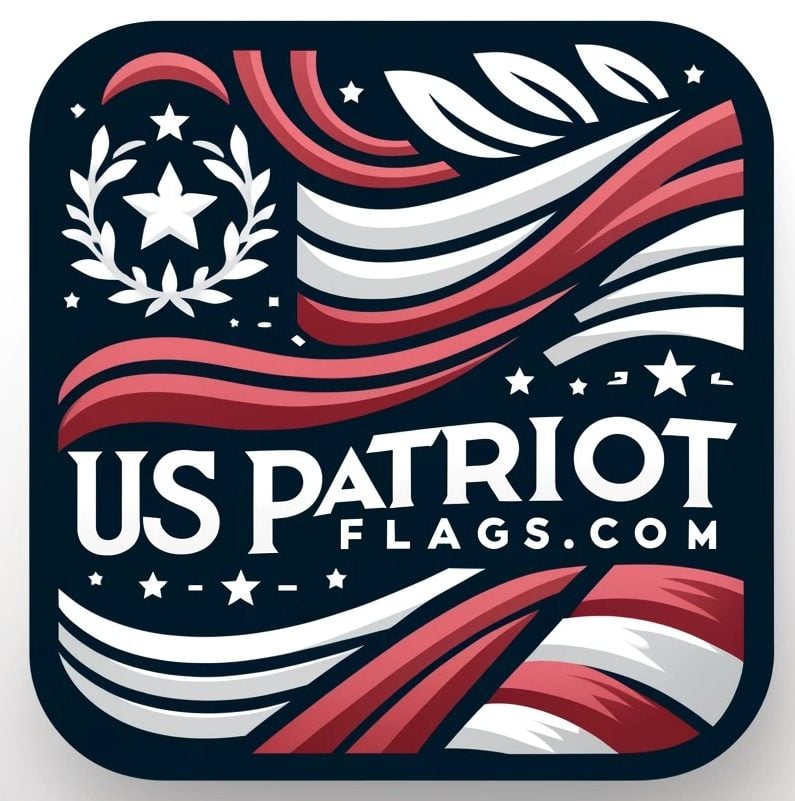
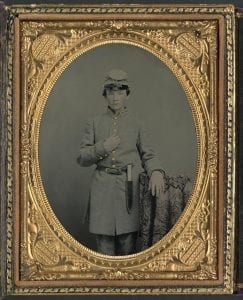
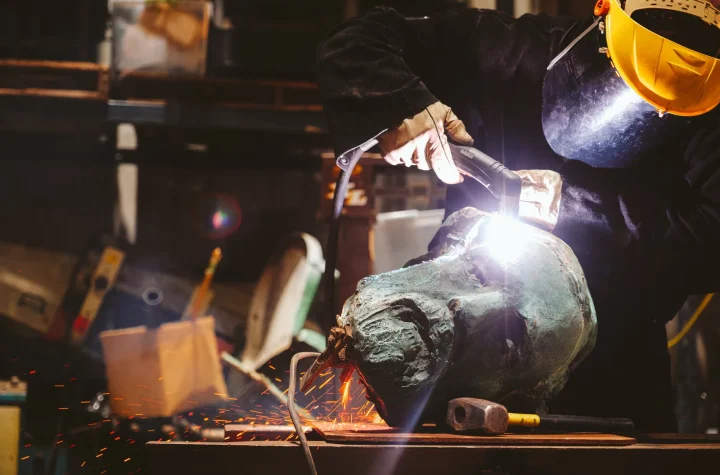
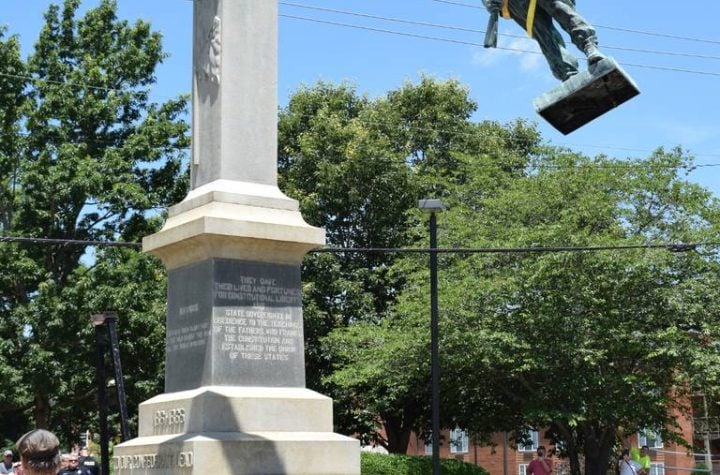
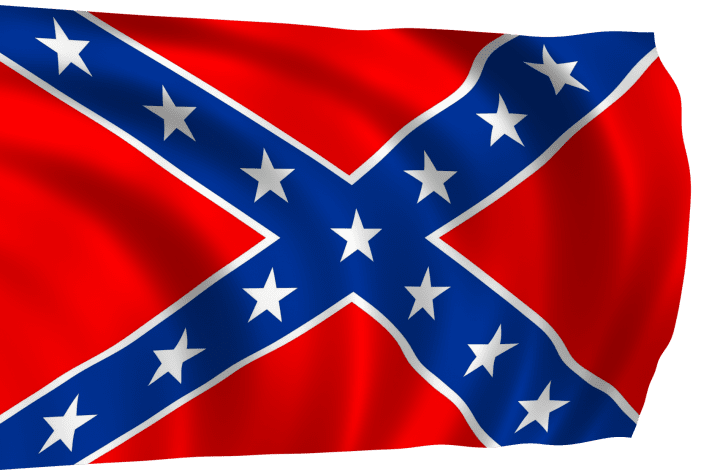
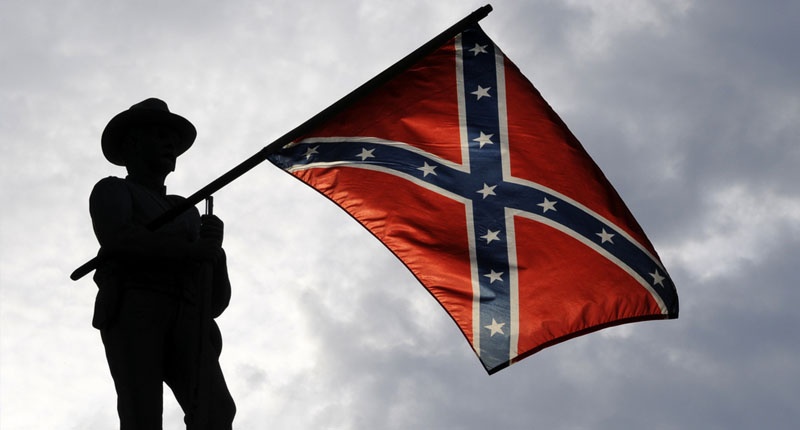
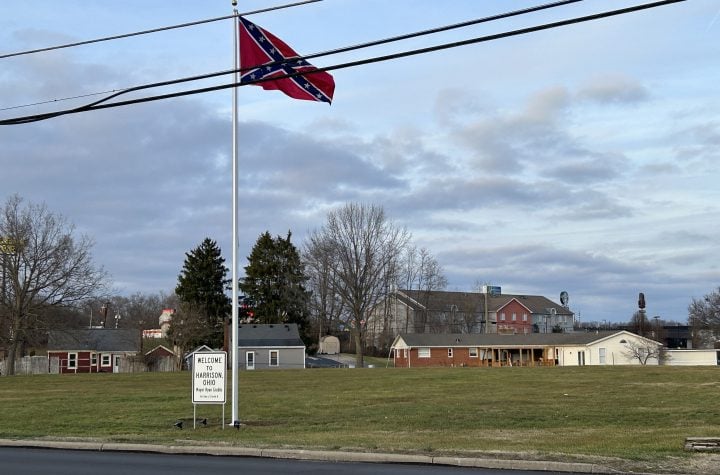
In the first paragraph you make the following statement.
It may be of interest to read words from letters written home by Confederate soldiers during Christmas. The first is a letter by Henry Kyd Douglas, who was being held at Johnson’s Island Prison in Ohio.” Henry had been with Stonewall Jackson at Gettysburg,” where he was injured and the captured. In a Christmas 1863 letter he wrote:
It is impossible for Henry to be with General Jackson in Gettysburg as he died at the battle of Chancellorsville in May of 1863 and Gettysburg was fought in July 1863. He may have been in Jackson’s former unit but not with Jackson.